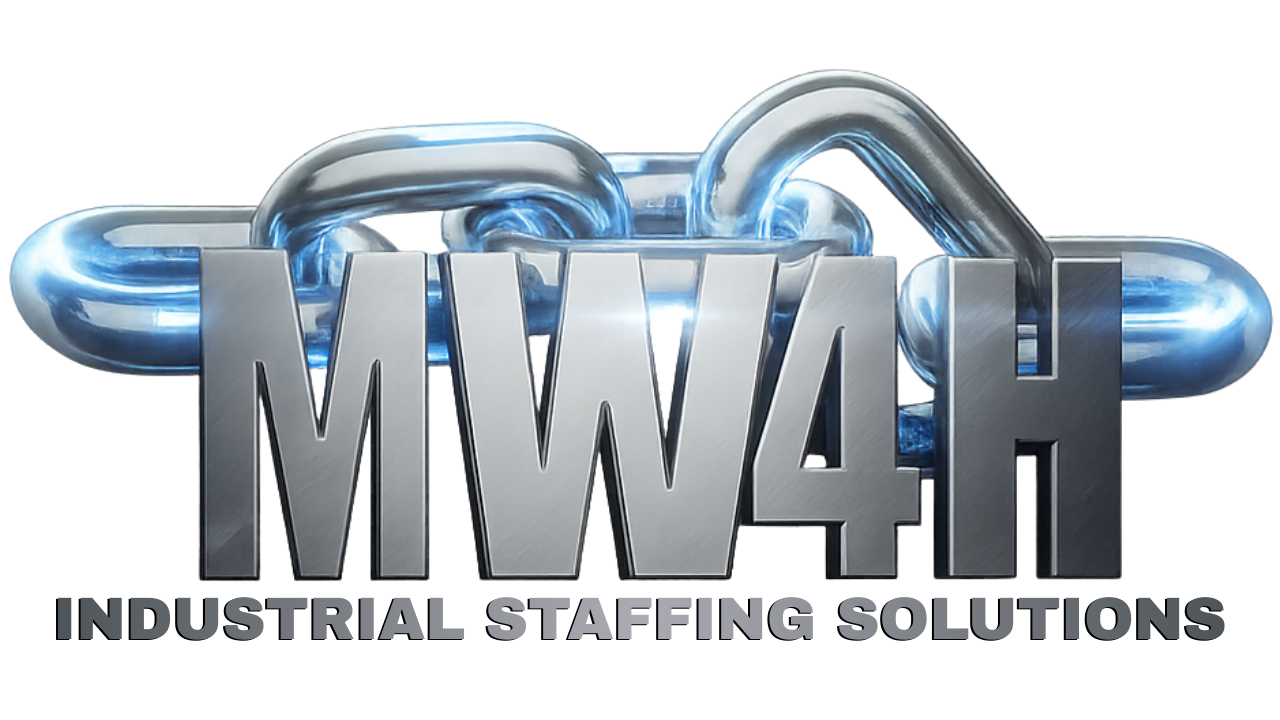



Diversity in the workplace isn't just a matter of social justice; it's a strategic advantage. In the skilled trades, a sector historically dominated by a non-diverse workforce, the push for inclusion is more important than ever. This blog post examines the importance of diversity, the current state in skilled trades, and practical steps for businesses to enhance inclusivity.
The Importance of Diversity in Skilled Trades
Diversity in the skilled trades enhances problem-solving and innovation by bringing different perspectives to the table. It increases employee satisfaction and loyalty, broadens the talent pool, and reflects a commitment to equality that can enhance a company's reputation. Moreover, diverse workforces are better at mirroring the communities they serve, which can lead to greater customer satisfaction and business opportunities.
Current State of Diversity in the Skilled Trades
Despite the benefits, skilled trades suffer from a significant diversity gap. This sector has traditionally seen lower participation rates from women, minorities, and other underrepresented groups. Historical barriers, such as lack of access to training, cultural biases, and a non-inclusive work environment, have contributed to this disparity.
Steps to Improve Diversity and Inclusion
Conclusion
Enhancing diversity in the skilled trades is not only a moral imperative but a business necessity. By taking concrete steps towards inclusivity, companies can benefit from a wider range of skills and perspectives, leading to innovation and growth. The journey towards a more inclusive workforce will require sustained effort and commitment but will ultimately lead to a more equitable and prosperous industry.